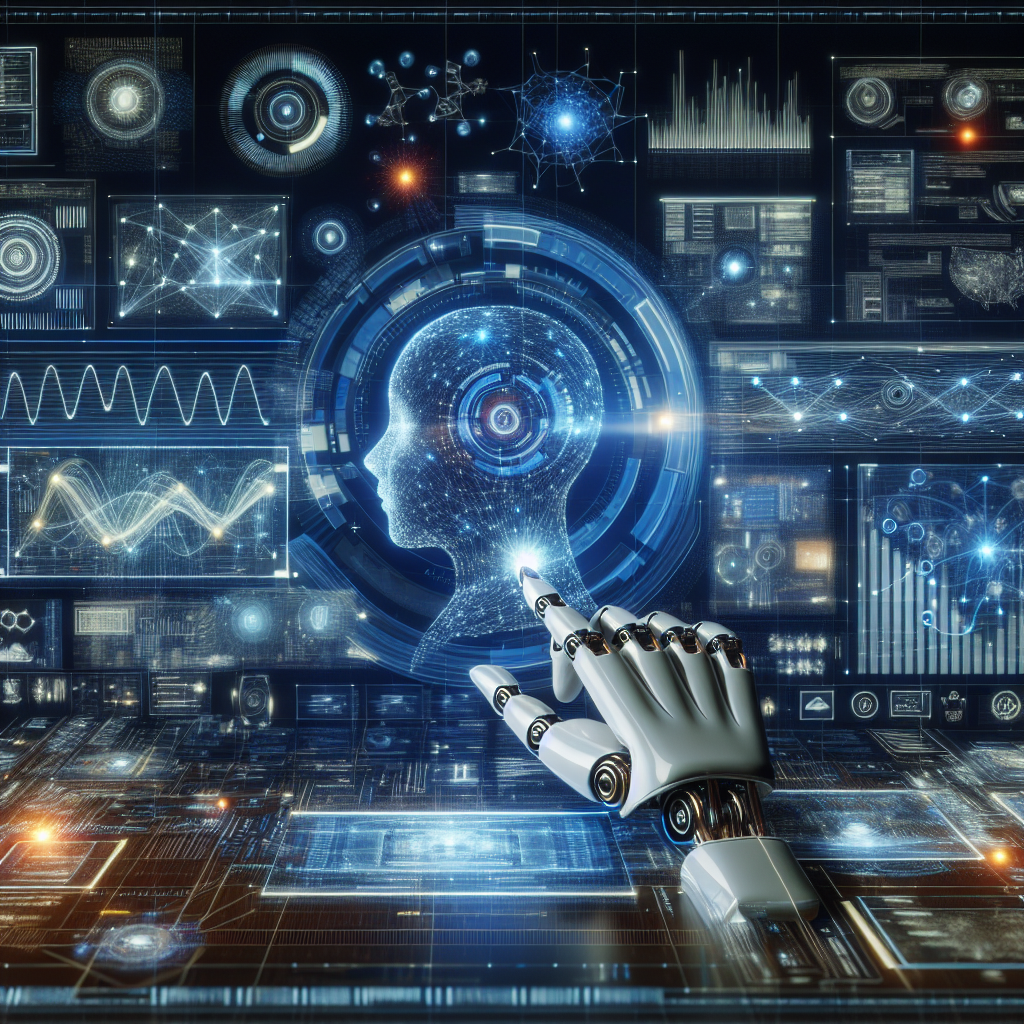“`html
Innovation Explored: AI in Digital Forensics
Have you ever wondered how artificial intelligence (AI) is transforming digital forensics? You’re in the right place! Let’s dive into some common questions about this fascinating topic.
What is Digital Forensics?
Digital forensics involves retrieving, examining, and analyzing data from digital devices. Think of it as the CSI of technology, unravelling cyber crimes by collecting evidence from computers, smartphones, and other digital storage devices.
How is AI Used in Digital Forensics?
AI enhances the process of digital forensics in several ways:
- Data Analysis: AI can sift through vast amounts of digital information at a speed that would be impossible for humans, identifying patterns and anomalies.
- Automation: Repetitive tasks such as sorting and indexing evidence are automated, making the forensic process more efficient.
- Machine Learning: Algorithms learn from existing data, continuously improving their detection and prediction capabilities.
Why is AI Important in This Field?
The importance of AI in digital forensics can’t be overstated. Here’s why:
- Speed: It massively reduces the time required to analyze digital evidence.
- Volume: AI manages large datasets that are simply beyond human capability to process accurately.
- Consistency: Provides a level of consistency and objectivity that is difficult for human investigators to maintain.
Can AI Replace Human Forensic Experts?
In a word, no. While AI is a powerful tool in digital forensics, it cannot replace the nuanced understanding and critical thinking of a human expert. Instead, AI acts as an assistant, enhancing the capabilities of forensic practitioners by handling mundane or highly complex tasks.
Are There Any Challenges with AI in Digital Forensics?
Absolutely, like any technology, AI in digital forensics is not without hurdles:
- Bias: AI systems are only as good as the data they are trained on. Biased data can lead to biased results.
- Security: Protecting the AI systems themselves from tampering is critical.
- Interpretability: Understanding how AI reaches its conclusions is essential to ensure its findings can be trusted and verified.
What’s the Future of AI in Digital Forensics?
The future is promising! As AI technologies continue to evolve, they’ll become even more adept at tackling new and sophisticated types of digital evidence. This will further empower forensic experts to combat cybercrime effectively.
In conclusion, AI is a transformative force in digital forensics, streamlining investigations and providing forensic experts with powerful new tools. By keeping both the benefits and challenges in mind, we can look forward to a future where AI and humans work side by side to solve digital mysteries.
“`
